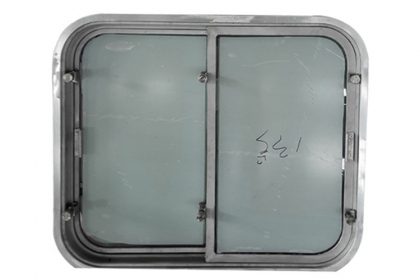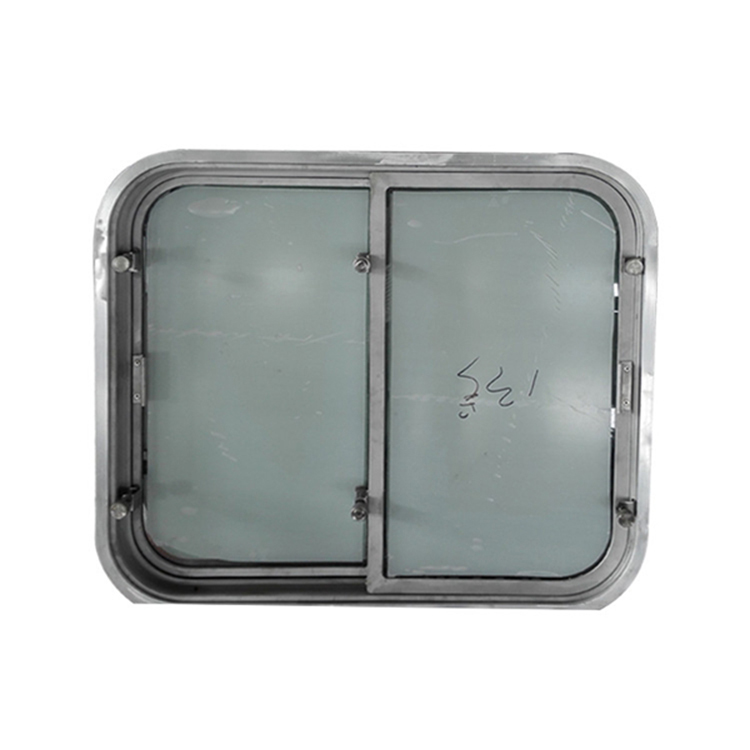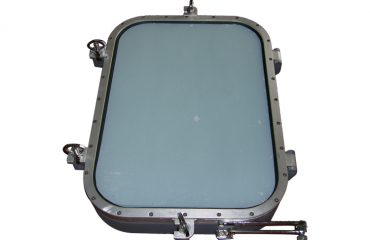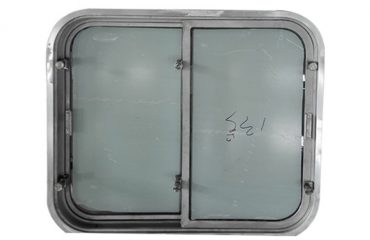

Marine windows are an essential component in the design of any vessel. They are specifically designed to withstand harsh conditions that are often encountered at sea, ensuring the safety and comfort of crew members and passengers.
One of the primary challenges faced by marine windows is the constant exposure to saltwater. Saltwater is highly corrosive and can cause significant damage to the windows if not properly protected. To address this issue, marine windows are often constructed using materials that are resistant to corrosion, such as stainless steel and aluminum. These materials have a high level of resistance to saltwater and can withstand the corrosive effects over time.
In addition to saltwater exposure, marine windows must also be able to withstand extreme temperature changes. Depending on the location and season, vessels can encounter both freezing temperatures and scorching heat. The windows must be able to withstand these extreme temperatures without cracking or warping. To achieve this, marine windows are built with thermal insulation and thermal expansion properties to prevent any damage caused by extreme temperature changes.
Another challenging condition that marine windows must withstand is rough seas and high waves. Waves can create significant impact forces on the windows, which could lead to breakage or cracking if not properly designed. To combat this, marine windows are built with robust frames and laminated glass. Laminated glass consists of multiple layers of glass bonded together with a layer of plastic in between. This construction gives the windows the ability to absorb the impact forces and prevent shattering.
Marine windows must also be able to withstand pressure differentials. As a vessel travels deeper into the water, the pressure increases. This can create a significant amount of stress on the windows if they are not designed to handle it. To ensure their integrity at different depths, marine windows are often built with reinforced frames and thicker glass. These features help to distribute the pressure evenly across the window and prevent any structural failure.
Marine windows are designed to withstand a wide range of harsh conditions that vessels encounter at sea. They are constructed using materials and techniques that ensure their integrity in the face of saltwater exposure, extreme temperature changes, rough seas, high waves, pressure differentials, and limited visibility. The design of marine windows is crucial for the safety and comfort of everyone on board a vessel, making them an essential component of any maritime structure.





